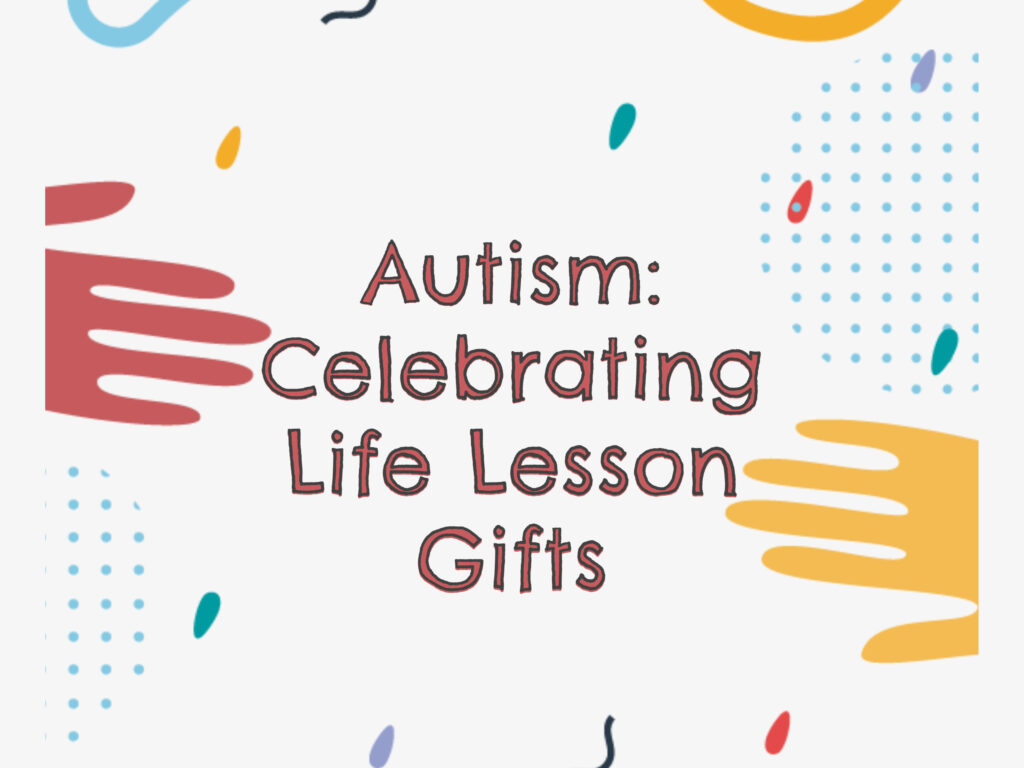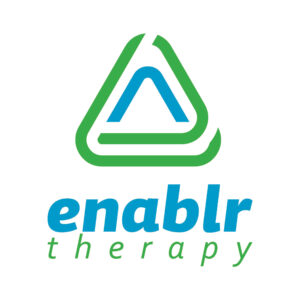
April is Autism Acceptance Month. It is a month to raise awareness and advocate to improve the issues that impact the autistic community. Access to early intervention services, employment, and housing opportunities are a few that persist. But, I also believe it is a month to celebrate! Celebrate diversity, uniqueness, individuality, and strong community. Celebrate all that our friends and families in the autistic community tenaciously live out everyday.
Life Lesson Gifts from Individuals with Autism
In my time working with individuals with autism and families, there have been numerous examples of love and grit that have been all-inspiring. Each individual I encountered taught me something about myself and the world. They have challenged me to learn, grow, and change my worldview. Below are reflections on a few of these life lesson gifts.
Beware Of Pigeonholes
Autism Spectrum Disorder encompasses a lot of different traits and abilities, making it quite complex. Each person is unique with their own set of strengths, interests, supports, and needs. Nonetheless, there is a tendency to overgeneralize autism in an attempt to understand it. This can lead to pigeonholing- setting expectations based on assumptions or generalizations instead of the individual’s own abilities.
Dr. Stephen Shore, an autism advocate who is on the spectrum, wisely said, “If you met one person with autism, you met one person with autism.” It is important to look at each person individually and create an environment where they can thrive. Furthermore, this is true whether the person is neurotypical or neurodiverse.
Behavior Is Communication
Many people with autism have limited verbal skills and, therefore, communicate through their behavior and actions. Behavior is communication. What a person does expresses something about them. Taking this view has helped me take a deeper look at each person. This has been critical when working with challenging behaviors from individuals with, or without, autism.
Dr. Ross Green, a psychologist who developed the Collaborative & Proactive Solutions model for addressing challenging behavior, is quoted as saying, “Kids will do well if they can.” This is an alternative to the common view that “Kids will do well if they want.” Just think about the shift in our worldview when we believe others are doing the best that they can!
Interests and Passions Bring Joy!
One of the common characteristics of autism is development of specific interests, likes, and passions. I have worked with individuals who have been passionate about all sorts of things including vacuum cleaners, elevators, laundry detergent, space, computers, video games, pizza, and books. These individuals taught me to notice things that I had not seen before. They gave new perspectives and they often did it with an enthusiasm that is contagious. Notice things around you, find something that interests you, something to be passionate about, and you will find some joy.
Keep Trying
I have worked with families who exemplify grit, perseverance, and determination. I have seen it pay off. The child with autism says a new word or does a new skill like dressing or writing. Dr. Temple Grandin, a college animal sciences professor who has autism and didn’t start speaking until the age of 4, says, “It is never too late to expand the mind of a person on the autism spectrum.” If at first you don’t succeed, try again.
Celebrate!
Take time to celebrate the big and small. Small steps lead to bigger steps which lead to milestones and journeys. Reflecting on accomplishments and keeping a goal in sight gives perspective and motivation. Hard work needs to be celebrated.
Stuart Duncan, a father of a son with autism who also created Autcraft, a Minecraft server for people with autism, summed it up best, “If you can’t see the gift in having a child with autism, you’re focusing too much on the autism and not enough on the child.”
Enablr Therapy salutes individuals with autism and their families for being everyday heroes who have so much to contribute to our community. We are proud to partner with clients and families to help them reach their goals and thrive.
Written by Rachel Morris, OTR/L
Rachel is the Director of Therapy for Enablr Therapy and a licensed occupational therapist with over 30 years of experience.



